Love is the cheapest of religions
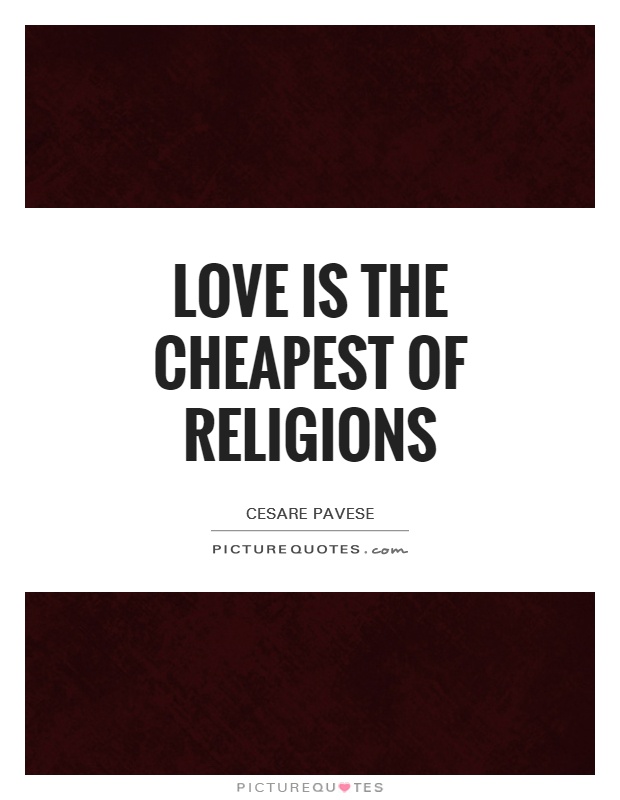
Love is the cheapest of religions
Cesare Pavese, an Italian poet, novelist, and translator, once famously said, "Love is the cheapest of religions." This profound statement encapsulates the idea that love is a universal force that transcends boundaries, cultures, and beliefs. In the context of Pavese's work, this quote can be interpreted in various ways, shedding light on the complexities of human relationships, emotions, and spirituality.Pavese's writings often explore themes of love, desire, and longing, reflecting his own personal struggles with relationships and existential questions. His characters grapple with the complexities of love, seeking solace and meaning in their connections with others. In this sense, love can be seen as a form of religion, offering a sense of purpose, connection, and transcendence in a world filled with uncertainty and chaos.
The idea that love is the cheapest of religions suggests that love is accessible to all, regardless of social status, wealth, or background. Unlike organized religions that often require adherence to specific beliefs, rituals, and practices, love is a universal language that speaks to the heart and soul of every individual. It is a force that binds us together, offering comfort, support, and companionship in times of need.
Furthermore, Pavese's quote can be interpreted as a critique of organized religion, highlighting the limitations and constraints imposed by institutionalized faith. While religion may offer a sense of community, structure, and guidance, it can also be exclusive, divisive, and dogmatic. Love, on the other hand, is inclusive, expansive, and boundless, transcending the boundaries of race, religion, and nationality.


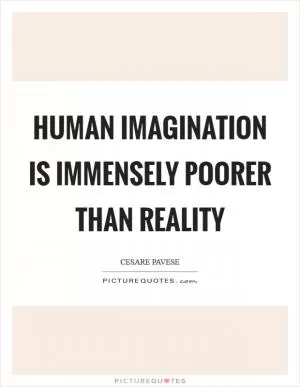
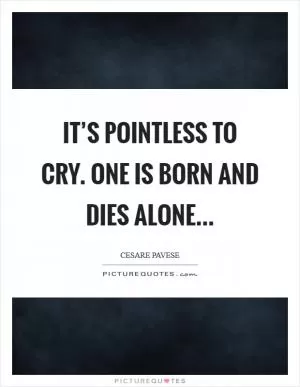
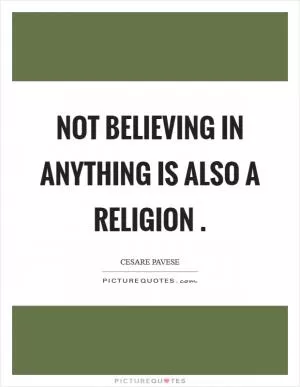
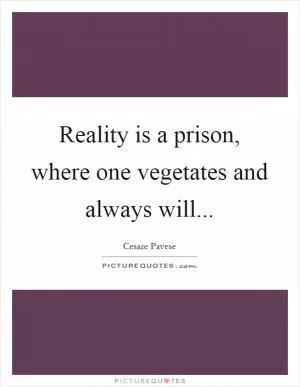





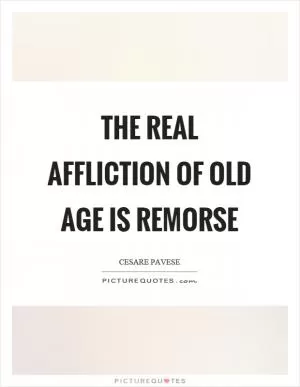
 Friendship Quotes
Friendship Quotes Love Quotes
Love Quotes Life Quotes
Life Quotes Funny Quotes
Funny Quotes Motivational Quotes
Motivational Quotes Inspirational Quotes
Inspirational Quotes